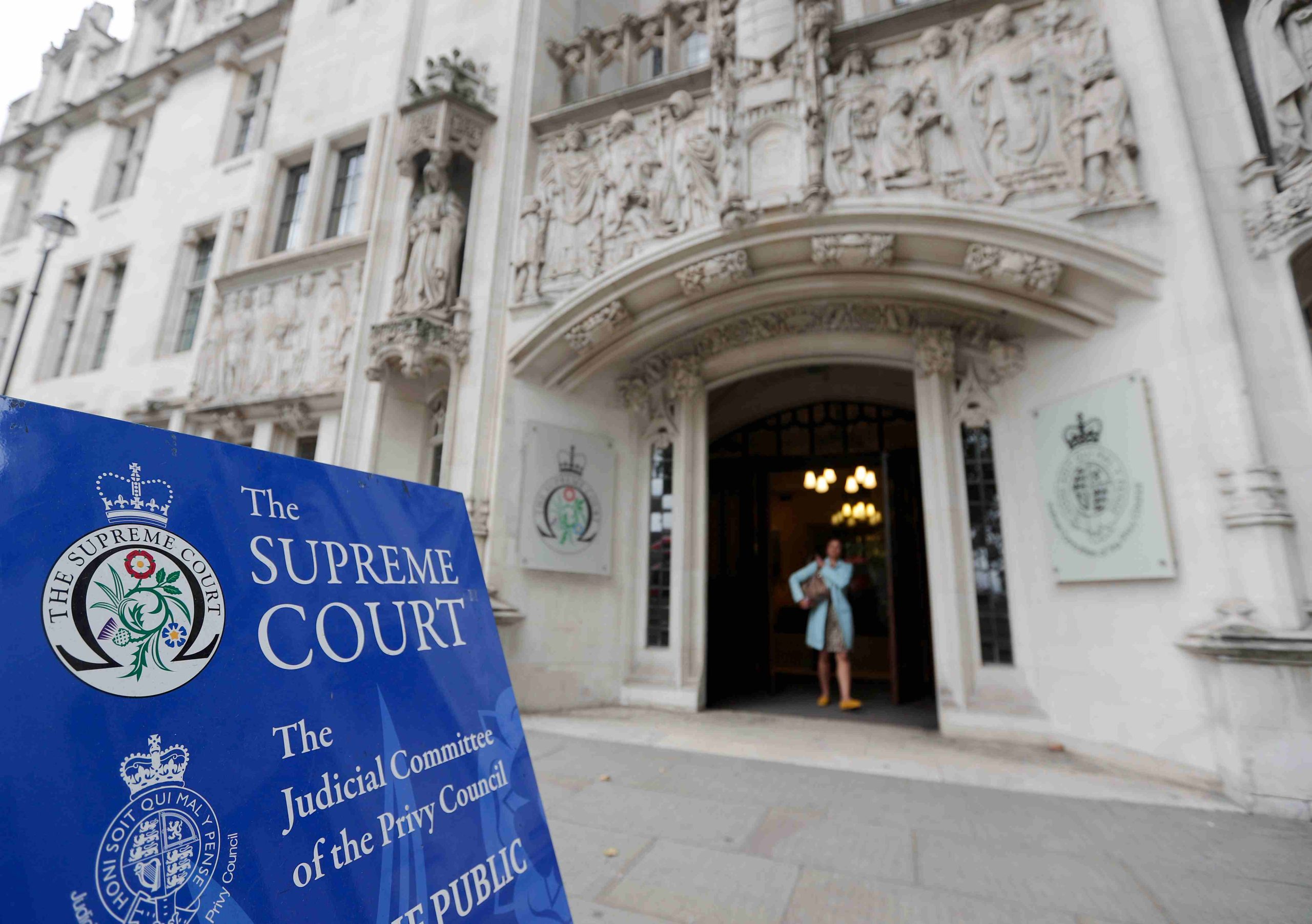UK Supreme Court Ruling: A Setback for Trans Rights and LGBT+ Equality
On April 16, 2025, the UK Supreme Court delivered a landmark judgment, ruling that the terms “woman” and “sex” in the Equality Act 2010 refer specifically to biological sex, not gender identity. This decision has profound implications for transgender rights, particularly for trans women, and has sparked widespread concern within the LGBT+ community.
The Case and Its Implications
The case centered on the Scottish government’s guidance under the Gender Representation on Public Boards (Scotland) Act 2018, which aimed to include trans women with Gender Recognition Certificates (GRCs) in the 50% female representation target for public boards. The Supreme Court’s ruling invalidated this guidance, asserting that including trans women in this context would render the law “incoherent and unworkable,” especially concerning provisions for pregnancy, single-sex services, and lesbian-only spaces.
The judgment has been interpreted by many as a legal endorsement of a binary understanding of sex and gender, effectively excluding trans women from certain legal protections and rights. This interpretation has led to fears of increased discrimination and marginalization of transgender individuals in various sectors, including healthcare, education, and employment.
Reaction from the LGBT+ Community
The ruling has been met with alarm by LGBT+ advocacy groups and allies. Mark Winstanley, Chief Executive of Rethink Mental Illness, expressed concern that the decision would exacerbate feelings of unsafety, stigma, and discrimination among transgender individuals, negatively impacting their mental health.
Amnesty International UK criticized the judgment, stating that it conflicts with human rights laws by effectively barring trans women from sex-based protections. The organization emphasized that such a policy is not a proportionate means to achieve legitimate aims and undermines the dignity and rights of transgender individuals.
Broader Concerns and Future Outlook
Beyond the immediate legal implications, the ruling raises broader concerns about the direction of transgender rights in the UK. There is apprehension that this decision could set a precedent for further legal and policy measures that exclude trans individuals from protections and services designated for women.
Advocates for transgender rights are calling for a reevaluation of the judgment and urging policymakers to ensure that future legislation and policies are inclusive and affirming of all gender identities. The LGBT+ community remains committed to fighting for equality, dignity, and respect for transgender individuals, emphasising the need for legal definitions that reflect the lived realities of all people, regardless of their gender identity.



